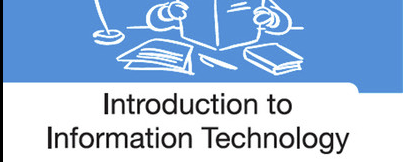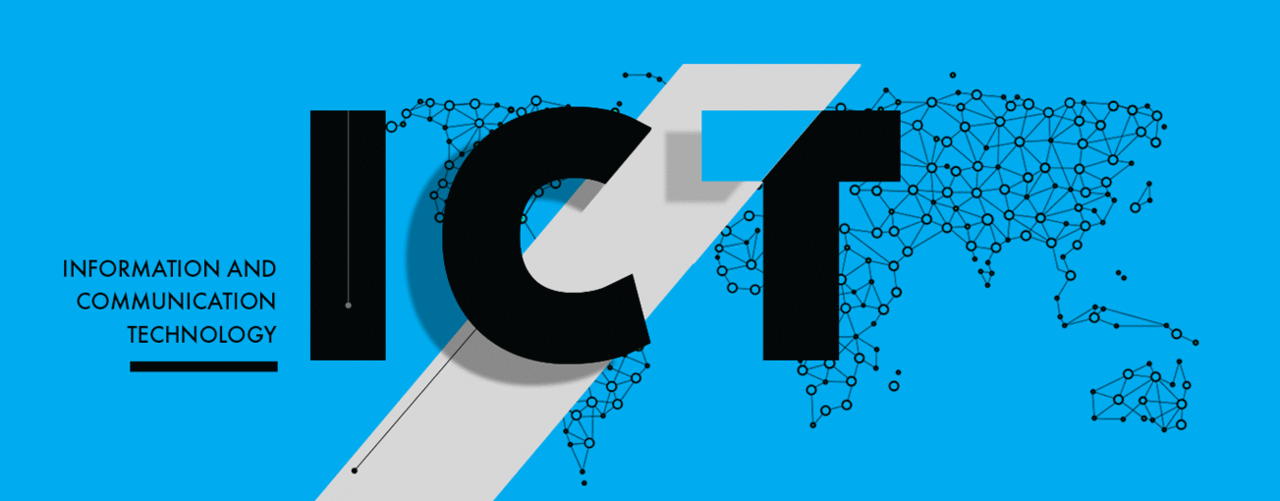
Learning Outcomes
1. Knowledge and Understanding
-
Explain the history and classifications of computers
-
Explain the components of the system unit, input, output, and storage devices
-
Explain the basic principles of computer communication through number systems, data representations.
-
Understand the computer components and the different Interconnection Structures
-
To have an understanding of some of the main concepts of IT at a general level
-
To understand the makeup of a personal computer in terms of hardware and software, and to understand some of the concepts of Information Technology (IT), such as data storage and memory.
-
Understand some of the concepts and terms associated with using the Internet, and to appreciate some of the security considerations.
2.Cognitive/Intellectual skills/Application of Knowledge
Having successfully completed the module, students should be able to:
-
Troubleshoot basic computer science problems
-
To demonstrate knowledge and competence in using the common functions of a personal computer and its operating system.
-
Be able to adjust main settings, use the built-in help features, and deal with a non-responsive application.
-
Be able to manage and organize files and directories/folders, and know how to duplicate, move, and delete files and directories/folders, and compress and extract files
-
Be able to accomplish everyday tasks associated with creating, formatting, and finishing small-sized word processing documents ready for distribution.
-
Understand and be able to accomplish tasks associated with developing, formatting, modifying, and using a spreadsheet of limited scope, ready for distribution
-
Understand some of the main concepts of databases and demonstrate the ability to use a database on a computer.
-
Be able to accomplish tasks such as creating, formatting, modifying, and preparing presentations using different slide layouts for display and printed distribution.
3.Communication/ICT/Numeracy/Analytic Techniques/Practical Skills
Having successfully completed the module, students should be able to:
-
Use a computer for application packages.
-
Analyze data and apply it to computer organizational problems
4. General transferable skills
Having successfully completed the module, students should be able to:
-
Be aware of different Computers careers and certifications.
-
Appreciate the important role of the computer in today’s business and society
5. Indicative Content
Concepts of IT: Identify parts of the Computer, Identify types of Computers, Hardware and Software, Networks and their components, Security, Copyrights and privacy issues.
Using a computer and Managing Files: Understand the basic concepts of files, folders and disks, managing a filling system using Windows, Customizing the Computer e.g. backgrounds, Screen savers, and Appearances, Use WordPad to create, save and print a file.
Word processing: Using MS Office Word, Create, Edit and Protect documents, Copy and Move text. Formatting of Documents, Tables, Mail Merge,Table of contents.
Spreadsheets: Using MS Excel, Create and Edit a Spreadsheet, Copy and Move text, Formatting of Spreadsheets, Formula and Functions, Charts
Presentation: Using MS PowerPoint, Create and Edit slides, Work with Templates, Slide Master and Color Schemes, Inserting Tables, Charts and Organizational Charts, Create and run a Slide Show
Information and communication: Using MS Explorer, Search Techniques, Retrieving Information from the internet, Downloading programs from the internet, creating and managing E-Mail Messages, Attaching files to an E-Mail Message, Managing the Address Book.
- Teacher: Jean Paul DUSINGIZIMANA

- Teacher: MBONIMANA CONSOLEE
This module is primarily aimed at the student who is new to Computer Science. As with most technical subjects, Computer Science has its own terminology. This module lays the foundations by introducing some basic terminology, which is then used to give an overview of what a computer, is and the elements from which computers are made. The student is strongly urged to establish the good habit of learning the terminology as it is introduced, starting with this module. Computer Science is concerned with the application of scientific principles to the design, construction and maintenance of systems based upon the use of computers. Targeted skills in this module are: hardware and software systems, numbering systems, mathematical and logical binary operations, basic concepts of computer organization and the introduction to the fundamental concepts of procedural programming.


